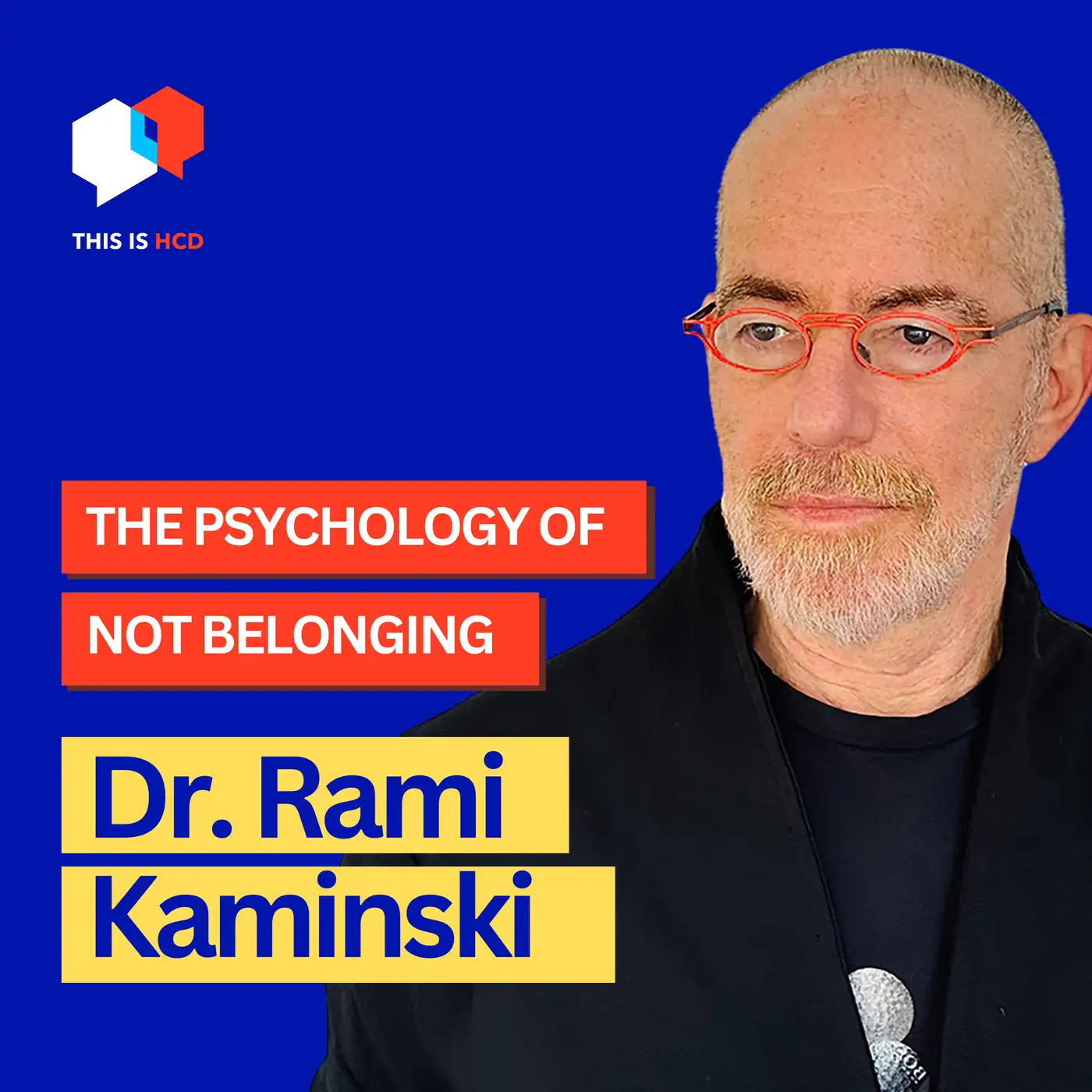🎉 Gerry Scullion is writing a new book 'This is Human Centered Design' with BIS Publishers. Want to get early access, share your feedback, and submit a case study to be featured in the book?
In this episode, we sit down with Jerry Michalski to discuss our shared passion for Human-Centered Design and the crucial role it plays in creating products that truly serve people. Jerry shares insights about his 26-year project, Jerry's Brain, a personal knowledge management system, and the advantages of maintaining such a rich, evolving repository.
We delve into the idea of rethinking constraints and consider a future where humans and software are more integrated. Jerry explains the unique, quirky aspects of TheBrain software and the challenges it presents, including integrating AI and inferring context from data. He emphasises the importance of externalising and curating thoughts.
Our conversation underscores the significance of trust, assuming good intent, and working openly to build collaboration. Jerry also explores how belief systems affect growth, the extractive economy, the power of storytelling, and navigating a post-truth world. Together, we advocate for a radical approach to design that fosters growth and addresses societal issues.
This transcript was created using the awesome, Descript. It may contain minor errors.
Here's our last three episodes from This is HCD.


